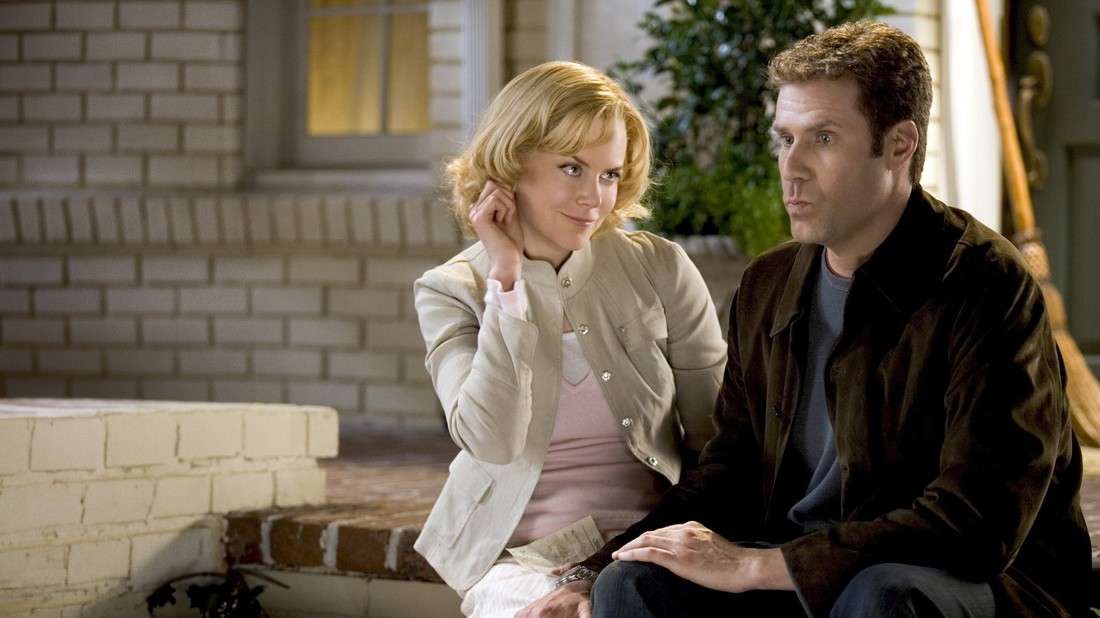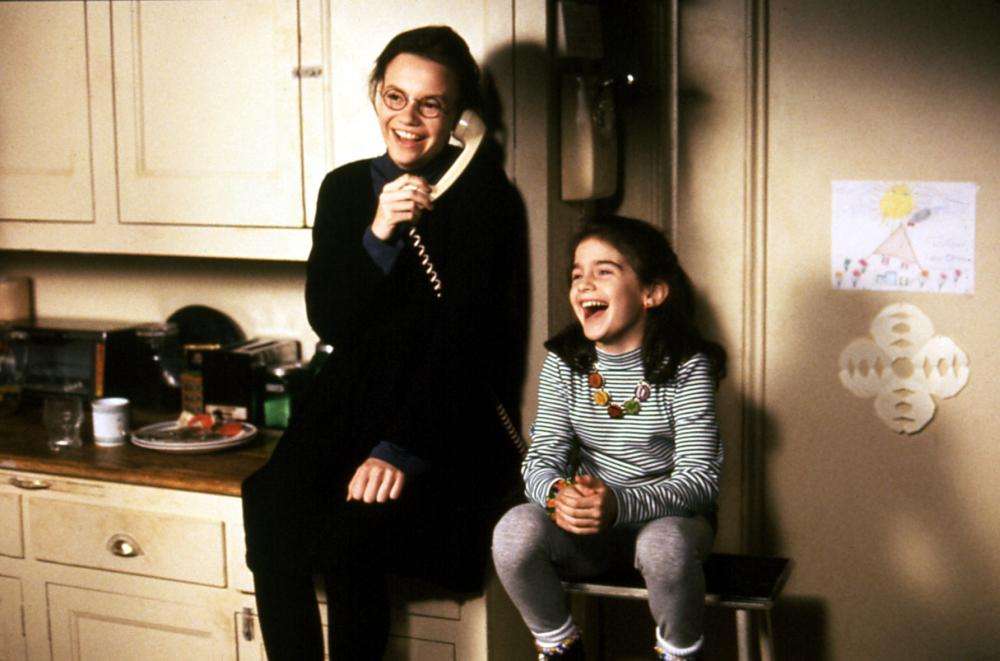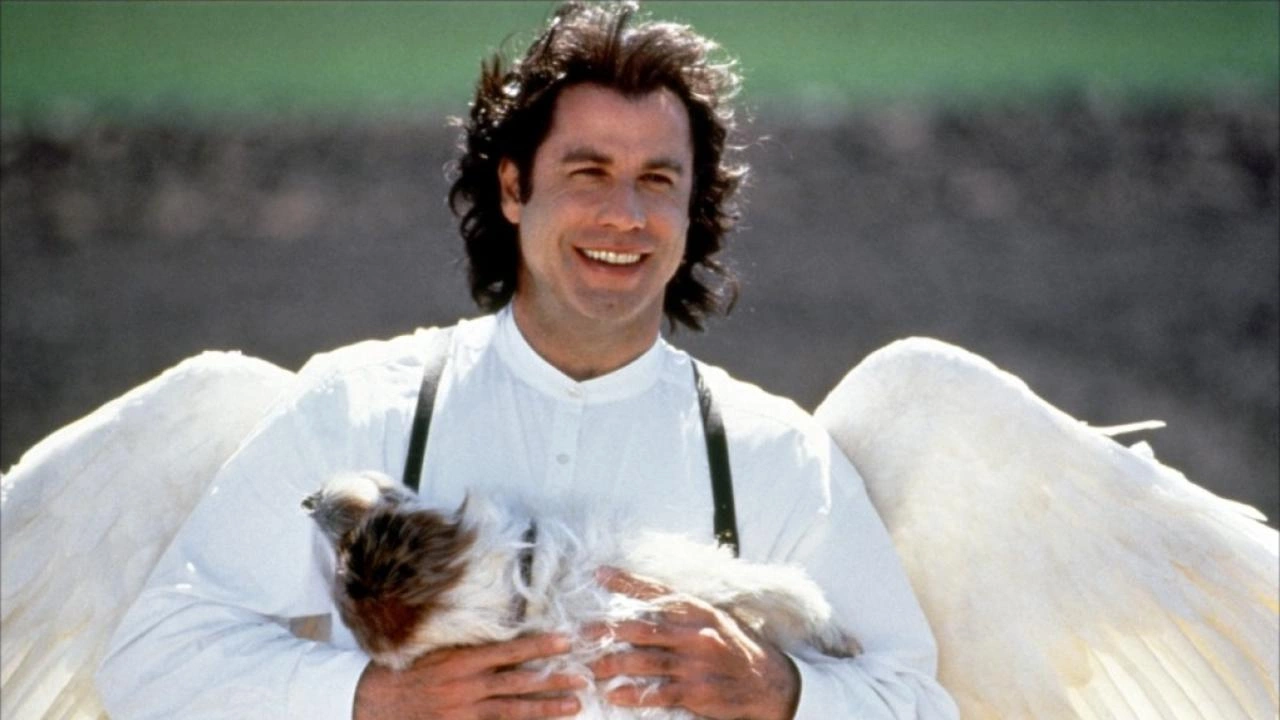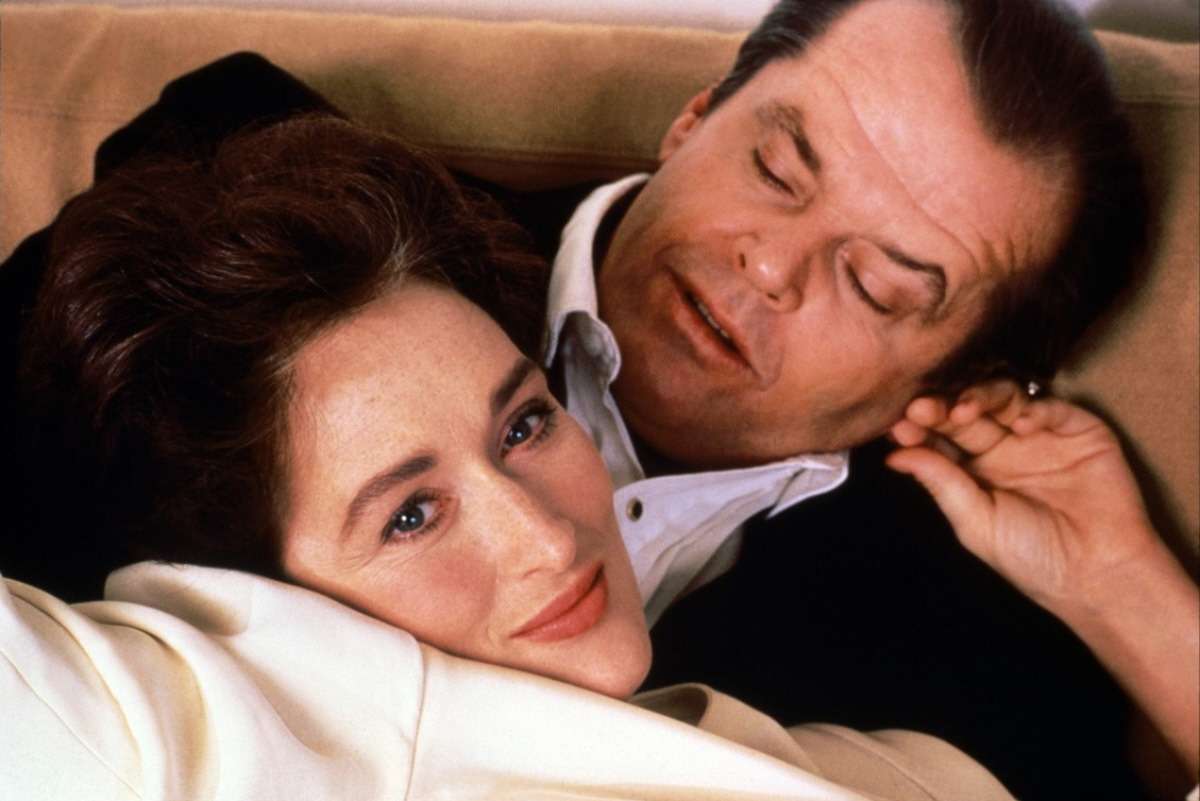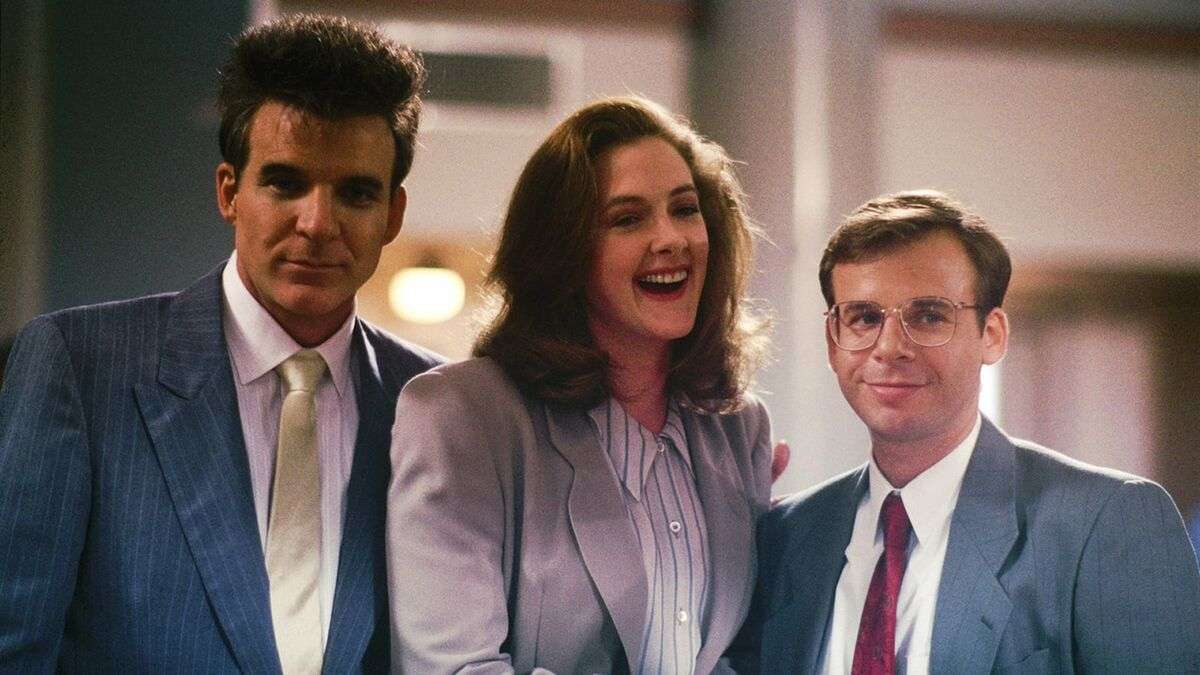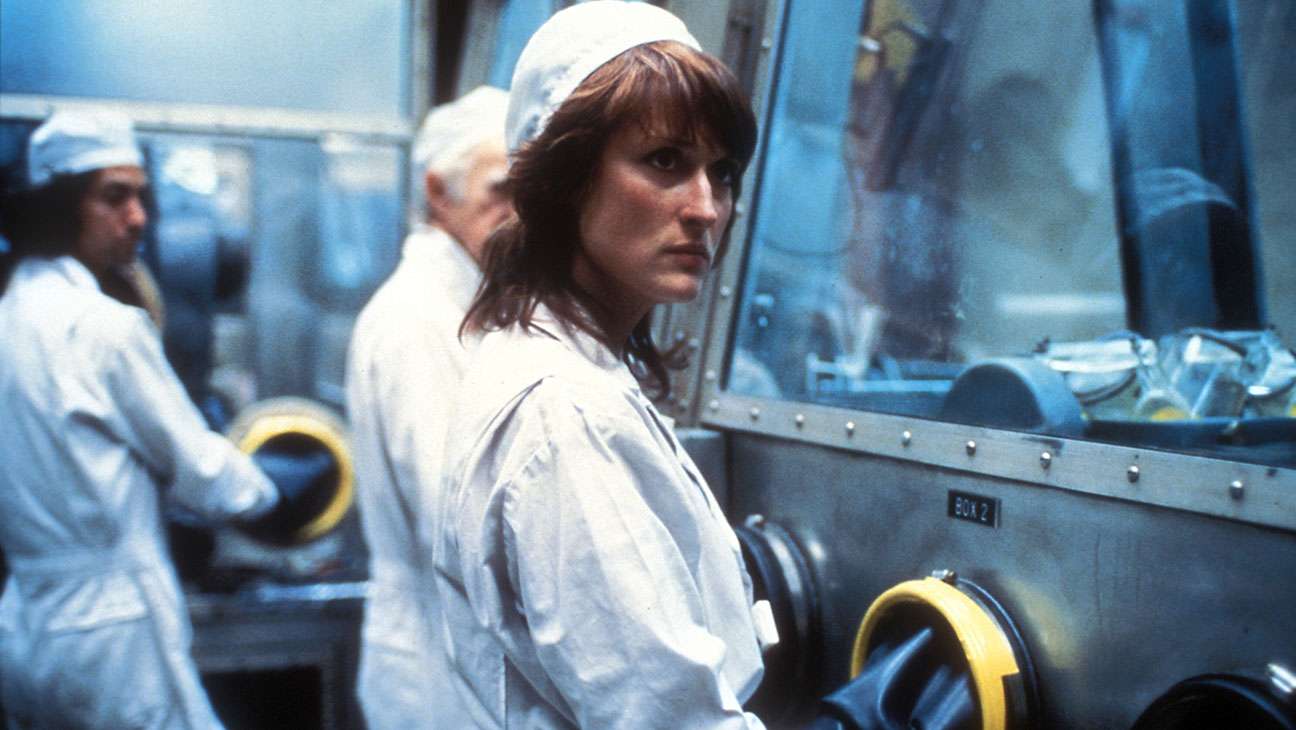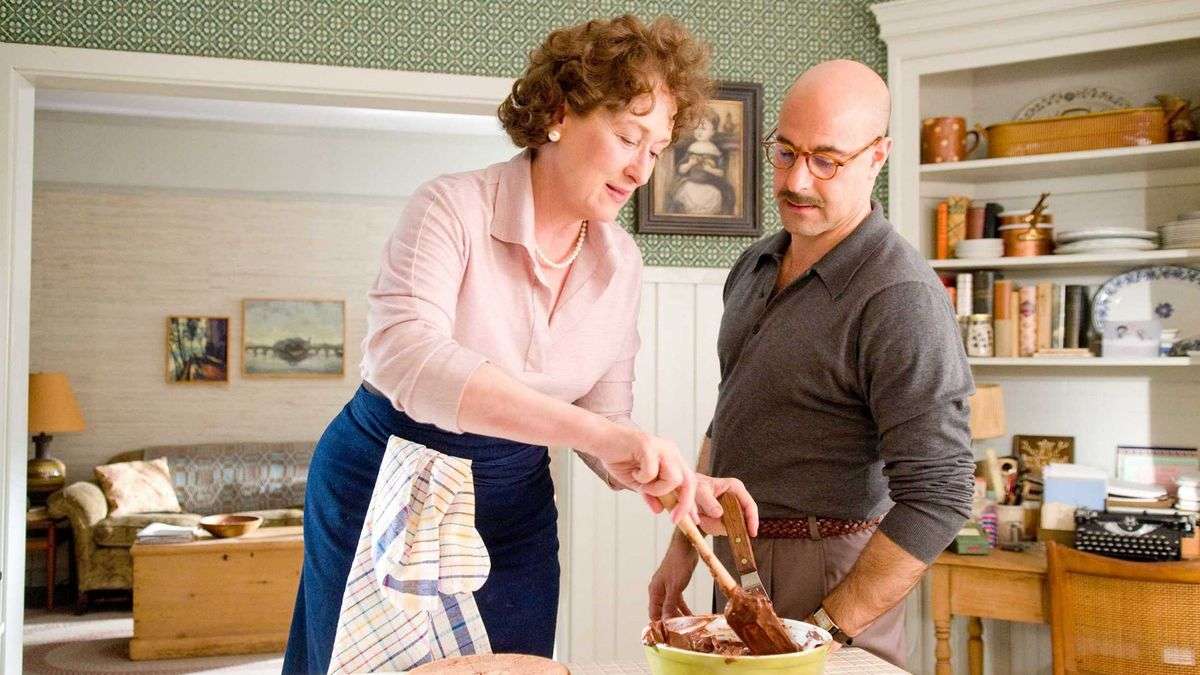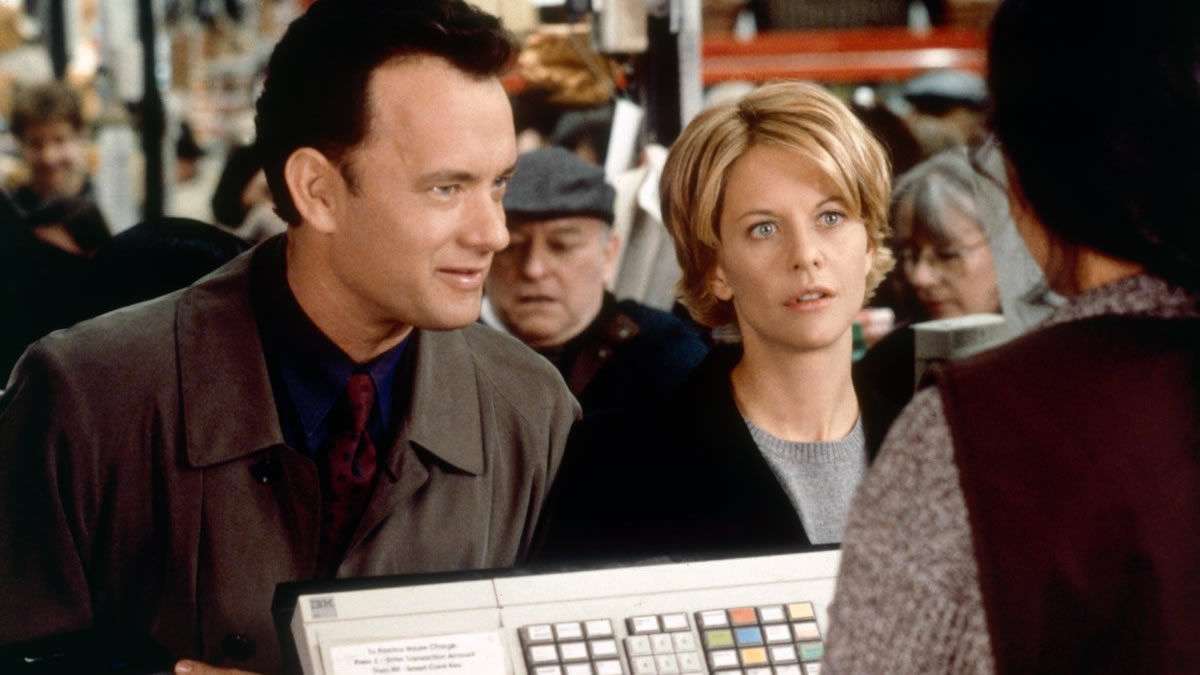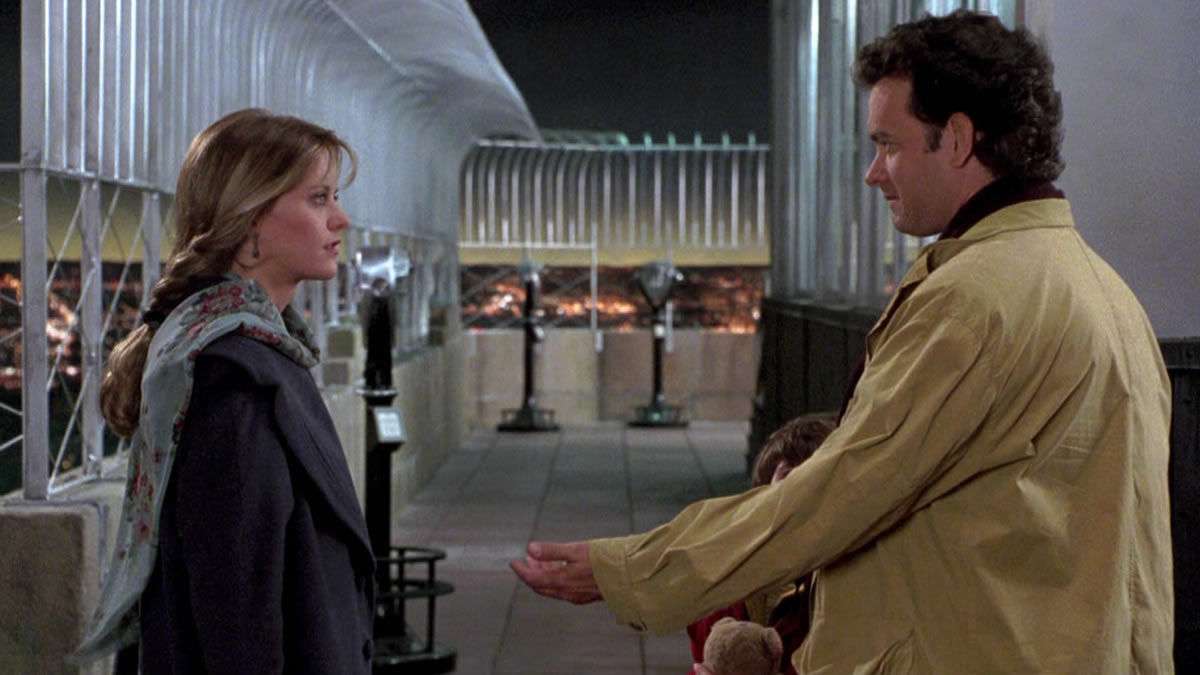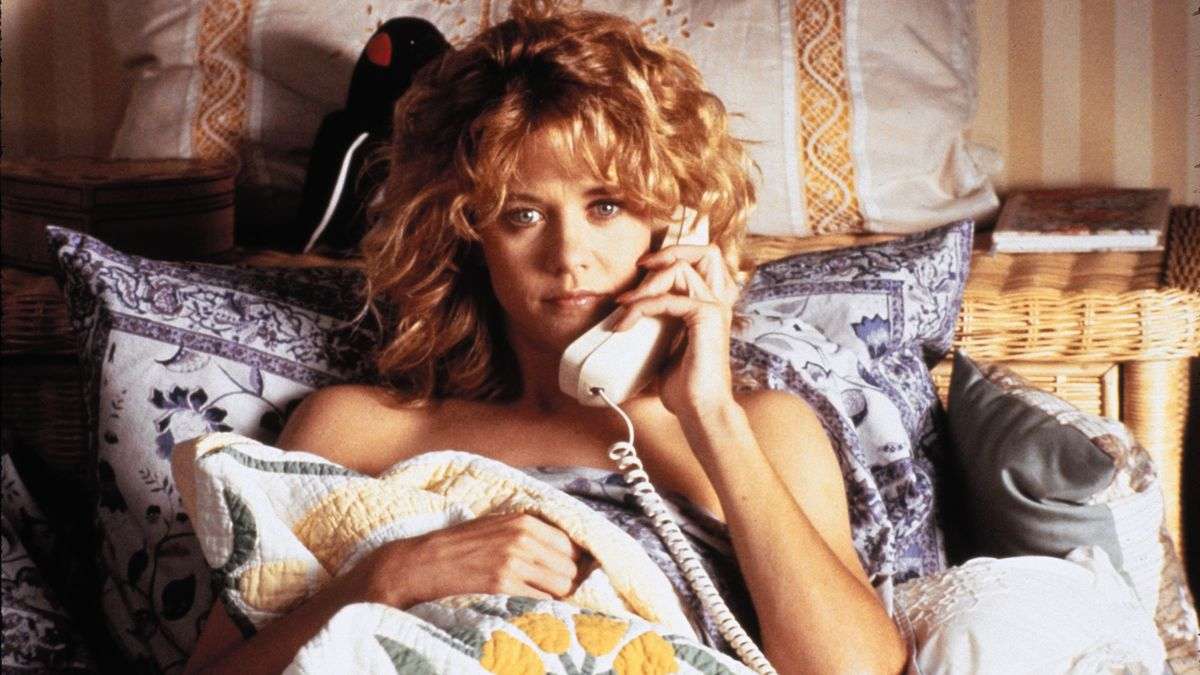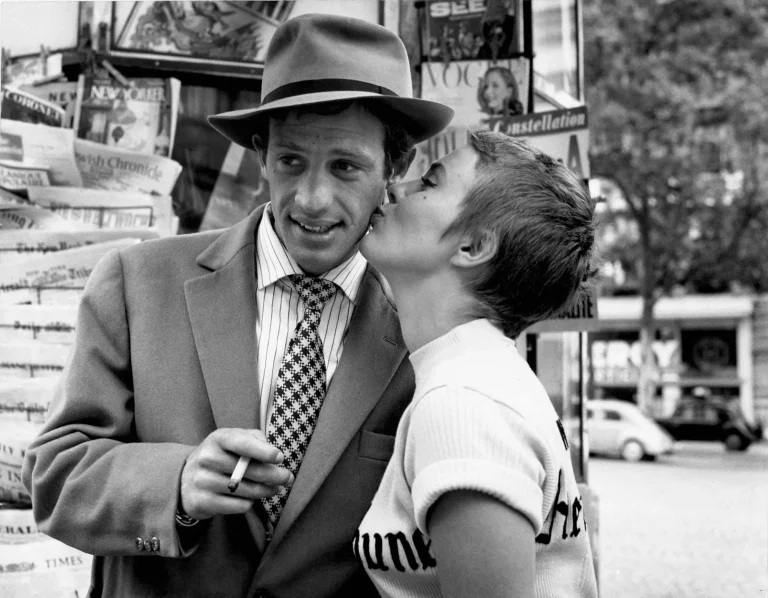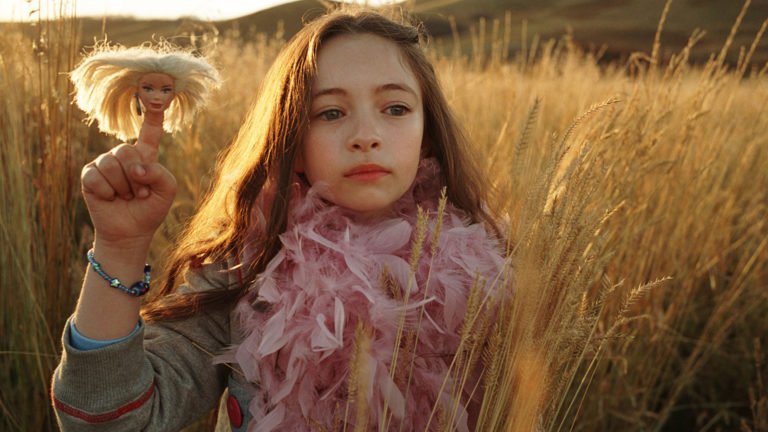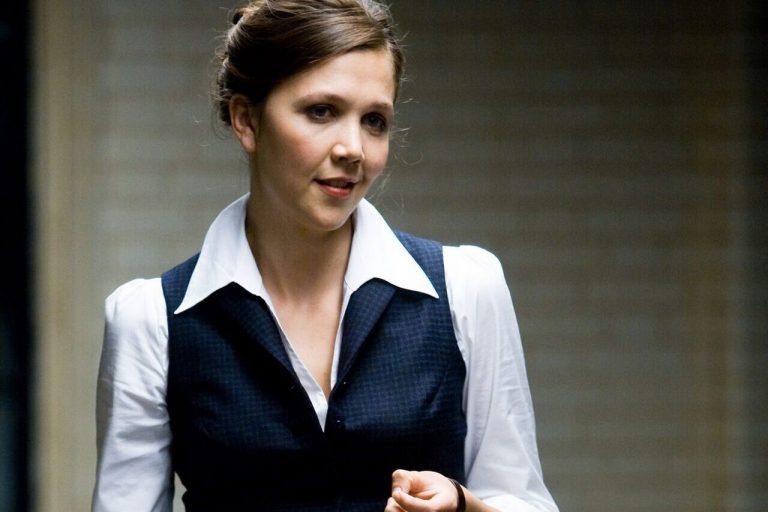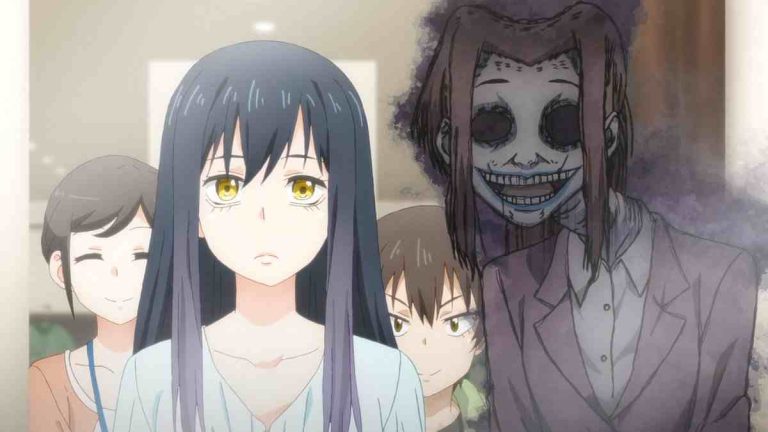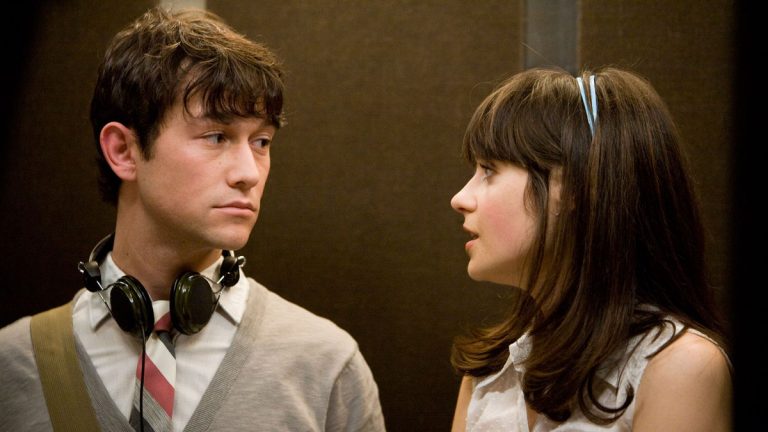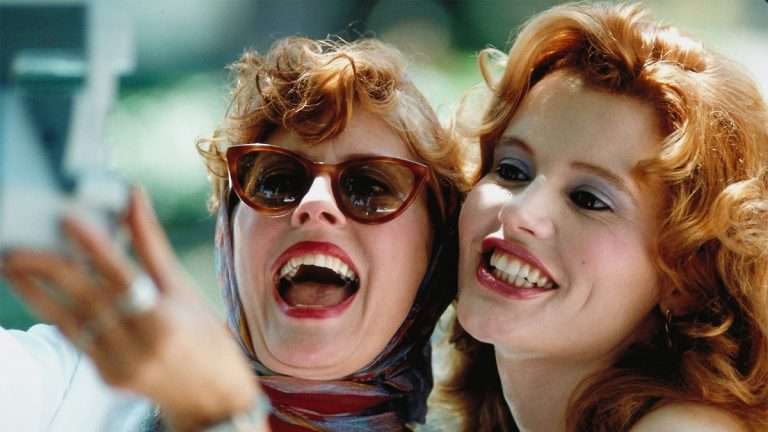When it comes to female filmmakers, few are celebrated to the degree that the late Nora Ephron is. With both of her parents being playwrights, Ephron had some commendable starts to her career, from interning at the White House during John F. Kennedy’s tenure to working for the New York Post and Esquire. She began writing for films in 1983, co-writing “Silkwood,” and soon became celebrated as a reliable storyteller, establishing herself as an expert on writing clever and tasteful romantic comedies.
Despite her last movie being over a decade old, Nora Ephron remains a household name. Her films continue to appeal to writers and directors to this day, especially in the romance and comedy genres, and the mark she left on Hollywood seems indelible, with directors churning out new movies inspired by her filmography every year. With that said, here’s a quick run-through of some of her best work that still stands the test of time.
10) Bewitched (2005)
Ephron’s take on the 1960s Sitcom of the same name follows Nicole Kidman (Isabel Bigelow) as the lovably iconic witch, Samantha, together with a star-studded cast of Will Ferrell, Shirley MacLaine, Michael Caine, and Steve Carell, to name a few. Ephron’s contemporary rendition of the story takes several liberties with the show’s original plot, acting more as a reverent nod to the classic than a faithful adaptation, making the mixed reviews from critics understandable.
The plot centers around the filming process of casting actors for a new show with Isabel Bigelow, a real-life witch, auditioning for a modern remake of the show alongside Jack Wyatt (Will Ferrell), a washed-up actor who plays her husband. Nora Ephron’s magic is evident in the retro and colorful set designs that evoke nostalgia, akin to her earlier movies, and her co-writing with her sister (Delia Ephron) results in a script that is as satirical as it is charming. “Bewitched” is meant to be an entertaining, lighthearted flick—which it succeeds in accomplishing—that benefits from a likable cast and successfully pays homage to a long cherished series without trying to rival it.
9) This Is My Life (1992)
Both written and directed by Ephron, “This Is My Life” is a dramedy based on Meg Wolitzer’s book about a mother of two, Dottie Ingels (Julie Kavner), who is a struggling stand-up comedienne in New York working as a salesperson by day. Unlike most of Ephron’s other movies that tend to keep the subject matter on a more cheerful note, “This Is My Life” does not shy away from more serious topics and occasionally gives the audience a glimpse into Nora Ephron’s ability to balance comedy with multifaceted emotional storylines and a deeper understanding of the struggles of single parents.
Along with Kavner’s Dottie, there are some solid performances by her two children, Erica and Opal, portrayed by Samantha Mathis and Gaby Hoffman, and the movie does a great job of expanding on the neglect that children often have to bear in dysfunctional families, especially as Dottie’s career begins to take off. Additionally, the movie stars Carrie Fisher as Claudia Curtis, Dottie’s agent, who helps her navigate the trials and tribulations that come with her career and helps Dottie’s character find a healthy medium between her career and parenting. Estelle Harris, Kathy Najimy, Caroline Aaron, and Dan Aykroyd play small parts in the movie.
8) Michael (1996)
“Michael” is an uplifting comedic fantasy about the Archangel Michael with John Travolta playing the titular role, who, though unconventionally roguish and with a strong penchant for smoking and drinking as an Angel, is convincingly good. The plot begins with Michael (John Travolta) being sent to earth to assist reporters Dorothy Winters (Andie MacDowell), Huey Driscoll (Robert Pastorelli), and Frank Quinlan (William Hurt), who are following a lead on a story.
Despite doing pretty well at the box office, “Michael” received mixed reviews from critics who generally believed that the movie’s tone was inconsistent and the storyline predictable. That being said, Travolta’s Michael is charismatic, playful, and hedonistic, a far cry from other representations of Angels on screen, making this movie stand out from the rest. It’s hard not to find his antics funny and revel in the originality of his character that Ephron penned, especially when he personifies more humanistic traits such as loneliness and an identity crisis. The movie is whimsical and doesn’t take itself too seriously. It will be the perfect watch if you’re in the mood for a feel-good fantasy with a supernatural element to it.
7) Heartburn (1986)
Based on Ephron’s semi-autobiographical novel about her marriage to “Carl Bernstein,” one of the journalists who covered the Watergate scandal, “Heartburn” stars several A-List actors, including Meryl Streep, Jack Nicholson, Stockard Channing, Jeff Daniels, Catherine O’Hara and Natasha Lyonne. It is easy to see how personal “Heartburn” is to Ephron, with the protagonist Rachel Samstat (Meryl Streep) mirroring her intellect and profession closely and the plot detailing the circumstances of how she and her husband Mark Forman (Jack Nicholson) met and the steady unraveling of their marriage. Both the leads have compelling chemistry, and the movie is fast-paced, chronologically taking the audience through the journey of their falling in love, getting married, and having marital disputes.
Ephron is able to keep the focus of this movie on a myriad of topics spanning trust, infidelity, self-discovery, and independence, rather than fixating on the romance only, making this movie offer much more than just a tale about a failed relationship. “Heartburn” is not a wholesome Nora Ephron movie that prioritizes love and humor, above all else, offers a raw and grating look at a crumbling marriage and showcases her talent beautifully in perhaps her most vulnerable piece of writing,
6) My Blue Heaven (1990)
Loosely based on Henry Hill (think “Goodfella”s) after he entered a witness protection program, “My Blue Heaven” is an amusing situational comedy about a criminal, Vincent ‘Vinnie’ Antonelli (Steve Martin), who gets relocated to a mundane town with his wife (Deborah Rush) after he testifies against his former mob associates and is put under the watch of a federal agent, Barney Coopersmith (Rick Moranis) and soon has a run-in with Assistant DA Hannah Stubbs (Joan Cusack).
Steve Martin’s brilliant comedic approach, paired with Ephron’s hilariously sharp banter, makes the fish-out-of-water trope in this movie beyond humorous and fun. The movie is playful, at times intentionally silly, and riddled with clichés about gangsters. It remains over the top with its incorporation of slapstick comedy, but Ephron makes it all blend harmoniously. This results in a movie with several memorable, funny scenes, such as the frequently cited dance scene featuring Bill Irwin.
5) Silkwood (1983)
Based on actual events, “Silkwood” is the story of the labor union activist Karen Silkwood, who worked at a nuclear facility and testified against them, claiming that they were endangering employees’ lives by exposing them to plutonium. Dealing with a serious subject matter, Ephron’s writing is poignant in this movie, a stark contrast from her usual quirky style, which further accentuates the gravity of the situation. In addition to that, Ephron does not concern herself with conspiratorial dialogue surrounding the real-life case and sticks mostly to factual accuracy.
The film stars Meryl Streep as the whistleblower Karen Silkwood and her two co-workers, Kurt Russell as Drew Stephens, who is also her partner, and Dolly Pelliker as Cher. The movie received nominations for several Academy and Golden Globe Awards and reached the top spot at the box office, being a favorite with viewers and critics alike. “Silkwood” is an excellent example of a biographical drama that is done right. The acting performances by the trio stay with the audience well after they are done watching the movie (the award nominations are proof of that), and Karen Silkwood’s utter drive for justice is depicted in such a moving light that it will resonate with working-class viewers. The movie isn’t just some run-of-the-mill exposé on another large-scale company that put its own interests over the lives of its workers but a deeper look at the genuine ramifications that can lead to.
4) Julie & Julia (2009)
The last movie she directed and wrote for, ”Julie & Julia,” solidified Nora Ephron’s career as a legendary filmmaker. The screenplay is adapted from two different books, chronicling the lives of Julia Child (Meryl Streep), a prominent cook, and Julie Powell (Amy Adams), an American author. The story is split between two narratives: Julia Child in Paris in the 1950s learning how to cook French dishes, and Julie Powell’s set in the early 2000s, showing her recreating the former’s recipes. Stanley Tucci and Chris Messina play their husbands, respectively.
“Julie & Julia” is one of Ephron’s highest-rated projects. It became an instant favorite of critics, who praised the biographical comedy for its effortless merge of timelines and Streep’s delightful performance. Moreover, the color palette is adorably cozy and warm, shifting from softer hues in Julia’s scenes to more vibrant ones in Julie’s. The film takes the audience along the journey of two driven women who want to achieve their own dreams and shadows them through numerous obstacles that they overcome. Indeed, at the heart of it, “Julie & Julia” is a film about pursuing one’s passion and finding happiness in that endeavor – a message that lasts with the audience, making this movie a must-watch (especially for foodies!).
3) You’ve Got Mail (1998)
“You’ve Got Mail” quickly introduces the audience to its protagonists: Kathleen Kelly (Meg Ryan), the owner of a small children’s bookstore, and Joe Fox (Tom Hanks), whose family owns a famous chain of bookstores. Unaware of personal information about the other person and only exchanging messages on AOL, their paths cross, unbeknownst to them, when Joe visits her bookstore. “You’ve Got Mail” is considered one of the best romcoms of all time, an unquestionably justified notion.
Ephron teamed up with her sister, Delia Ephron, yet again to write a witty, dialogue-driven screenplay that reveals not only Ryan and Hank’s superb comedic timing but also gives an insight into the multidimensional beloved characters she has meticulously crafted. Ephron authors a love letter to New York City, with the vibrant autumn in full swing as a backdrop to several shots, enhancing the overall warmth of the movie and using the change of seasons to mimic the characters’ emotional journeys. Though it has its fair share of predictable romance tropes like enemies to lovers and opposites attract, Meg Ryan and Tom Hanks make even that seem believable with their sheer onscreen chemistry. Couple that with a well-rounded cast of Parker Posey, Jean Stapleton, Dave Chappelle, Steve Zahn, and Greg Kinnear, and you’ve nailed the recipe for a timeless romantic comedy.
2) Sleepless in Seattle (1993)
The second movie Tom Hanks and Meg Ryan starred in together, “Sleepless in Seattle,” is the quintessential love-at-first-sight American romance that doesn’t see the two leads physically meet till the very last unforgettable Empire State Building scene. Even 30 years after the movie came out, what makes it such a cinematic relic is how well it has aged. Themes of grief, love, and fate are sprinkled throughout the script, with Nora Ephron offering a heartfelt glimpse into the sorrow that accompanies losing a loved one. Hanks’ Sam Baldwin is a widower still mourning the death of his wife and raising his son, Jonah (Ross Malinger), while Ryan plays Annie Reed, a journalist touched by his loss who writes a letter to him.
It’s a fantastic feat on several accounts how Ephron was able to make the movie have so much substance, given that the main leads share the screen for roughly 2 minutes only, but she effectively created a film that makes the viewers believe that love exists. Sure, the movie may be unrealistic and relies on several farfetched coincidences (as most of Ephron’s work tends to do), but that adds to its romance. References to “An Affair to Remember” (1957), combined with the magical force of the universe uniting the love interests who share wistful glances, is just cheesy enough to melt even the coldest heart.
1) When Harry Met Sally… (1989)
“When Harry Met Sally…” will forever be the undisputed blueprint of romantic comedies. It is a friends-to-lovers trope set over the course of 12 years that seeks to answer the age-old question, “Can men and women ever just be friends?” What distinguishes “When Harry Met Sally… “ from other movies is how smart it is, not just by romantic movie standards. Ephron brings her A game, determined to make the many interactions in this movie seem genuine and relaxed and gradually get more complex as the years pass.
The casting is done exceptionally well, with Billy Crystal playing Harry Burns, Meg Ryan playing Sally Albright, and Carrie Fisher and Bruno Kirby playing supporting roles. The movie is interspersed with several fragments from interviews of couples in love elaborating on how they met. Nora Ephron herself collected those everyday stories in an effort to add a touch of reality to the movie, making the (somewhat predictable) ending all that sweeter.
Billy Crystal embodies the role of the cynical, funny Harry, making him easy to relate to. Meg Ryan’s Sally is a rare treat as a solid independent lead in a romance movie (which, for its time, was hard to come across). Both the characters have their share of flaws and challenges throughout the years, and much of the movie focuses on their growth through provocative dialogue, unlike other romcoms, which stress solely on pushing the leads together. Overall, “When Harry Met Sally…” is just the kind of movie to watch when you’re in your 20s and 30s and still trying to figure out what to do with your life.
